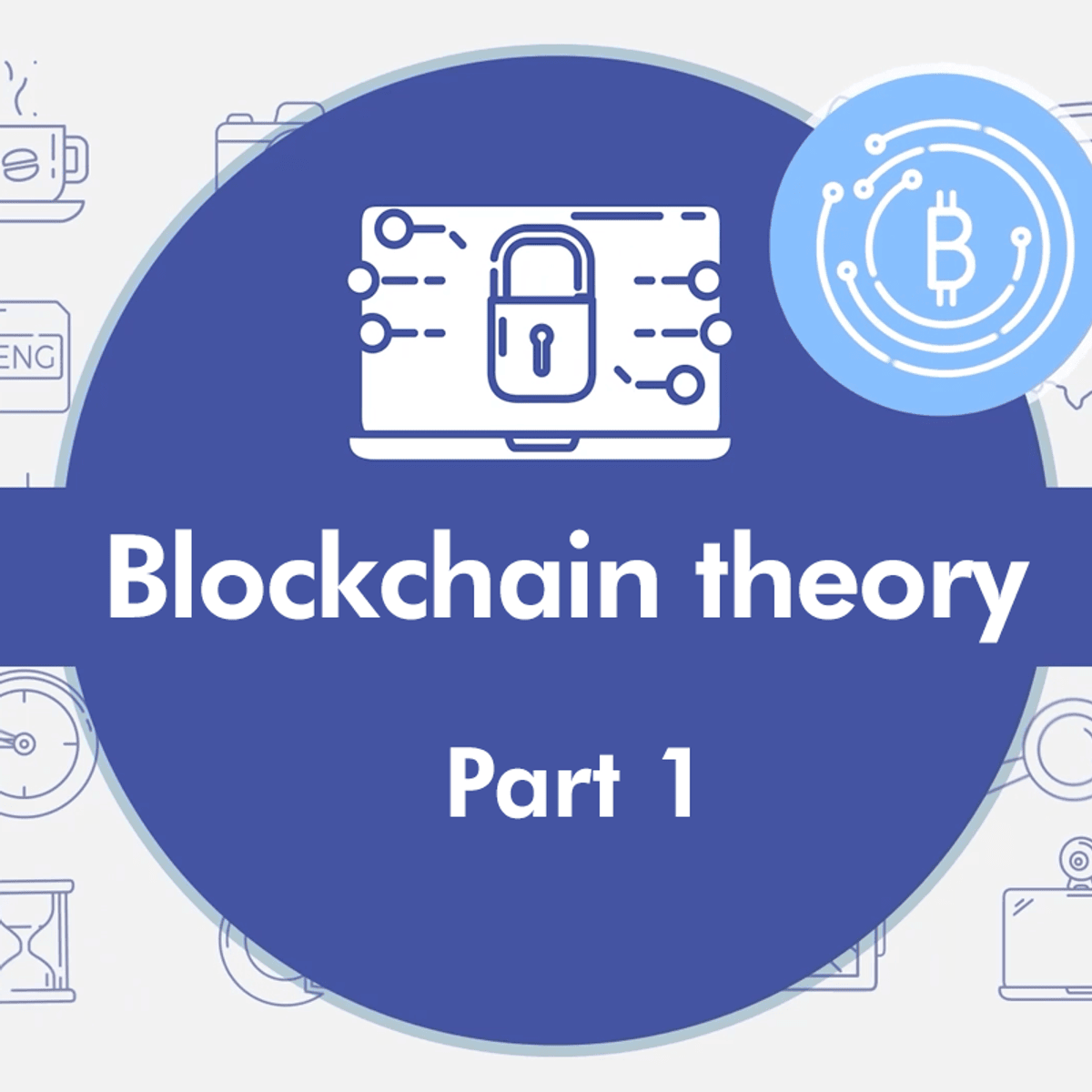
This course is the first part of the two parts course on Blockchain Theory and Applications. This course will provide a brief introduction of blockchain and cryptocurrency. It then provides detailed technical explanations on how Bitcoin and Ethereum work.
What's inside
Syllabus
Introduction to Blockchain
This module explains the basic concepts of blockchain and cryptocurrency, the core technologies of blockchain and explains public/private blockchains, and the range of blockchain applications.
Read more
Syllabus
Good to know
Save this course
Activities
Follow tutorials on Solidity development
Show steps
Expand your practical knowledge of Solidity programming by following structured tutorials.
Browse courses on
Smart Contract Development
Show steps
-
Find online tutorials or courses on Solidity development
-
Set up your development environment
-
Follow the tutorials step-by-step
-
Build and test your own Solidity contracts
Write a whitepaper on blockchain technology
Show steps
Synthesize your understanding of blockchain technology and enhance your communication skills by creating a whitepaper.
Browse courses on
Blockchain Technology
Show steps
-
Research and gather information on blockchain technology
-
Organize your thoughts and ideas
-
Write the whitepaper
-
Have others review and provide feedback
Attend a blockchain development workshop
Show steps
Immerse yourself in a hands-on environment and gain practical experience in blockchain development.
Browse courses on
Blockchain Development
Show steps
-
Find a blockchain development workshop
-
Register and attend the workshop
-
Actively participate in the activities and discussions
One other activity
Expand to see all activities and additional details
Show all four activities
Build a small-scale blockchain application
Show steps
Apply your blockchain knowledge to build a practical application, gaining valuable experience in the field.
Browse courses on
Blockchain Development
Show steps
-
Choose a simple blockchain application idea
-
Design the architecture of your application
-
Develop the smart contracts for your application
-
Deploy your application on a blockchain platform
-
Test and iterate your application
Follow tutorials on Solidity development
Show steps
Expand your practical knowledge of Solidity programming by following structured tutorials.
Browse courses on
Smart Contract Development
Show steps
- Find online tutorials or courses on Solidity development
- Set up your development environment
- Follow the tutorials step-by-step
- Build and test your own Solidity contracts
Write a whitepaper on blockchain technology
Show steps
Synthesize your understanding of blockchain technology and enhance your communication skills by creating a whitepaper.
Browse courses on
Blockchain Technology
Show steps
- Research and gather information on blockchain technology
- Organize your thoughts and ideas
- Write the whitepaper
- Have others review and provide feedback
Attend a blockchain development workshop
Show steps
Immerse yourself in a hands-on environment and gain practical experience in blockchain development.
Browse courses on
Blockchain Development
Show steps
- Find a blockchain development workshop
- Register and attend the workshop
- Actively participate in the activities and discussions
Build a small-scale blockchain application
Show steps
Apply your blockchain knowledge to build a practical application, gaining valuable experience in the field.
Browse courses on
Blockchain Development
Show steps
- Choose a simple blockchain application idea
- Design the architecture of your application
- Develop the smart contracts for your application
- Deploy your application on a blockchain platform
- Test and iterate your application
Career center
Blockchain Developer
Cryptocurrency Analyst
Blockchain Consultant
Blockchain Architect
Smart Contract Developer
Cryptocurrency Trader
Blockchain Security Analyst
Data Scientist
Financial Analyst
Software Engineer
Quantitative Analyst
Investment Banker
Economist
Business Analyst
Project Manager
Reading list
Share
Similar courses
OpenCourser helps millions of learners each year. People visit us to learn workspace skills, ace their exams, and nurture their curiosity.
Our extensive catalog contains over 50,000 courses and twice as many books. Browse by search, by topic, or even by career interests. We'll match you to the right resources quickly.
Find this site helpful? Tell a friend about us.
We're supported by our community of learners. When you purchase or subscribe to courses and programs or purchase books, we may earn a commission from our partners.
Your purchases help us maintain our catalog and keep our servers humming without ads.
Thank you for supporting OpenCourser.



